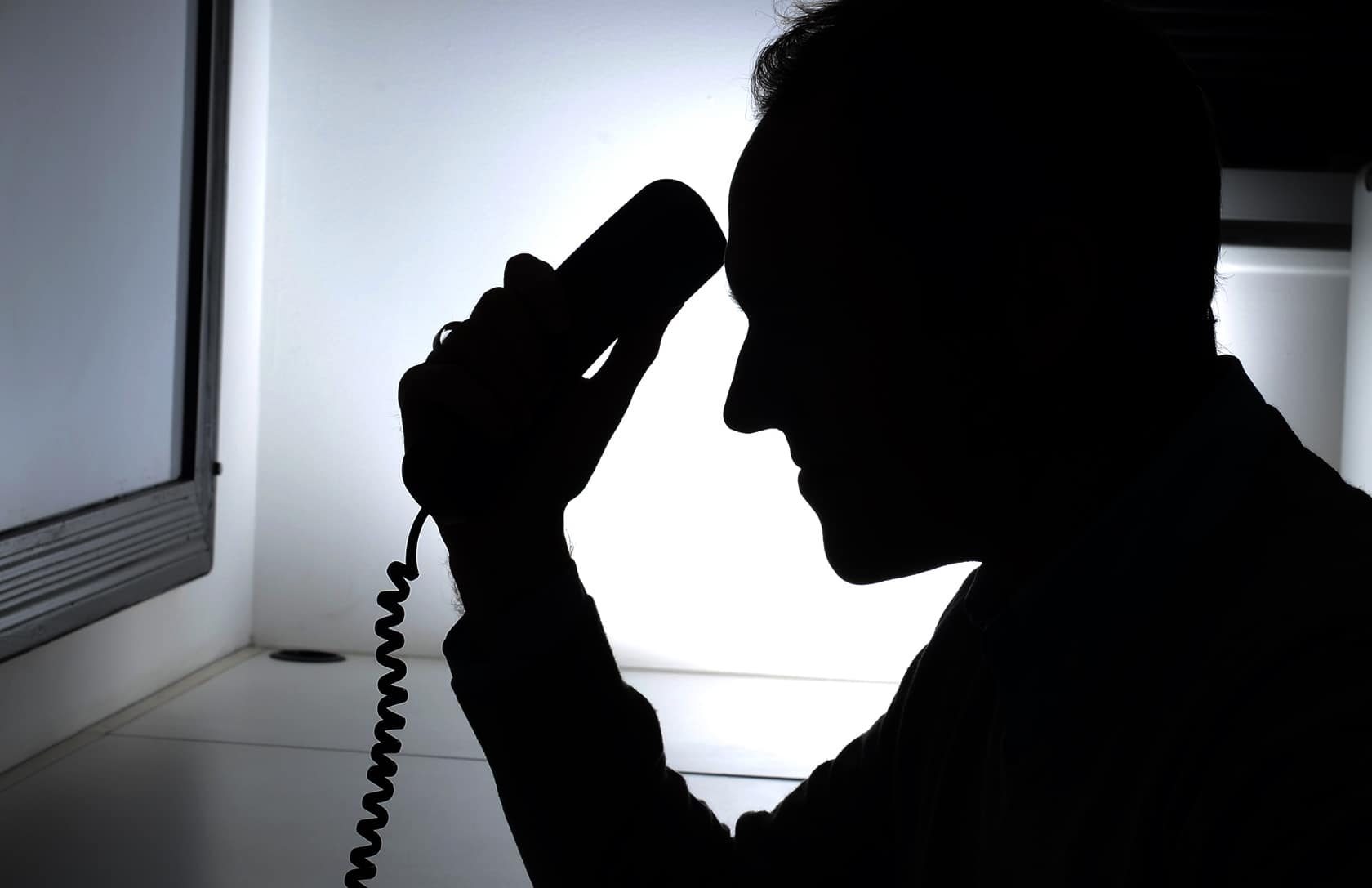The coronavirus pandemic has impacted daily life in Costa Rica, which has declared a State of Emergency and enacted sweeping measures to slow its spread.
Here’s what you need to know today:
Banks warn against scams
Banco Nacional and Banco de Costa Rica, state-owned banks, warned the public about scams in which perpetrators attempt to use the coronavirus pandemic to solicit personal data.
The financial institutions say scammers posing as bank representatives are asking for sensitive information in order to deposit financial aid or to process tax deductions.
The banks have have tracked an increase in these scams over recent weeks as Costa Rica moves to support individuals affected by the economic crisis.
“Banco Nacional is NOT requesting users to fill out forms to obtain benefits from business management platforms or electronic invoicing, or through messages via WhatsApp,” said David Hernández, Director of Security.
Typically, no bank or institution will call anyone by phone or send emails (or WhatsApp messages) asking for confidential information.
Public Security Minister Michael Soto said recent scams include people posing as Health Ministry officials, UN representatives, or loan companies.
Tica in U.S. dies of COVID-19
The Foreign Ministry confirmed that a Costa Rican citizen living in the United States has died of COVID-19.
“This is a person who lived in the United States with her family and who had a condition that made her high risk,” the agency said in a statement.
Citing privacy concerns, the Foreign Ministry did not provide further information about the individual. She is the third Costa Rican known to have died after contracting COVID-19; two elderly men died within the national territory last month.
The Foreign Ministry knows of nine Costa Ricans living abroad who have tested positive for COVID-19: six in Spain; one in New York; one in Jordan; and one in Italy.
Costa Rica working to increase testing capacity
The National Emergency Commission (CNE) announced it has hired three new biotechnologists and two microbiologists to work at the national reference lab at INCIENSA.
The additional staff will increase INCIENSA’s throughput for COVID-19 testing, according to CNE.
In addition, eight private laboratories in Costa Rica are now authorized to test patients for the novel coronavirus. They are: Hospital La Católica, Hospital Cima, Hospital Clínica Bíblica, Hospital Metropolitano, Laboratorios Echandi, Laboratorios LABIN, Laboratorio Páez, and Laboratorios San José.






